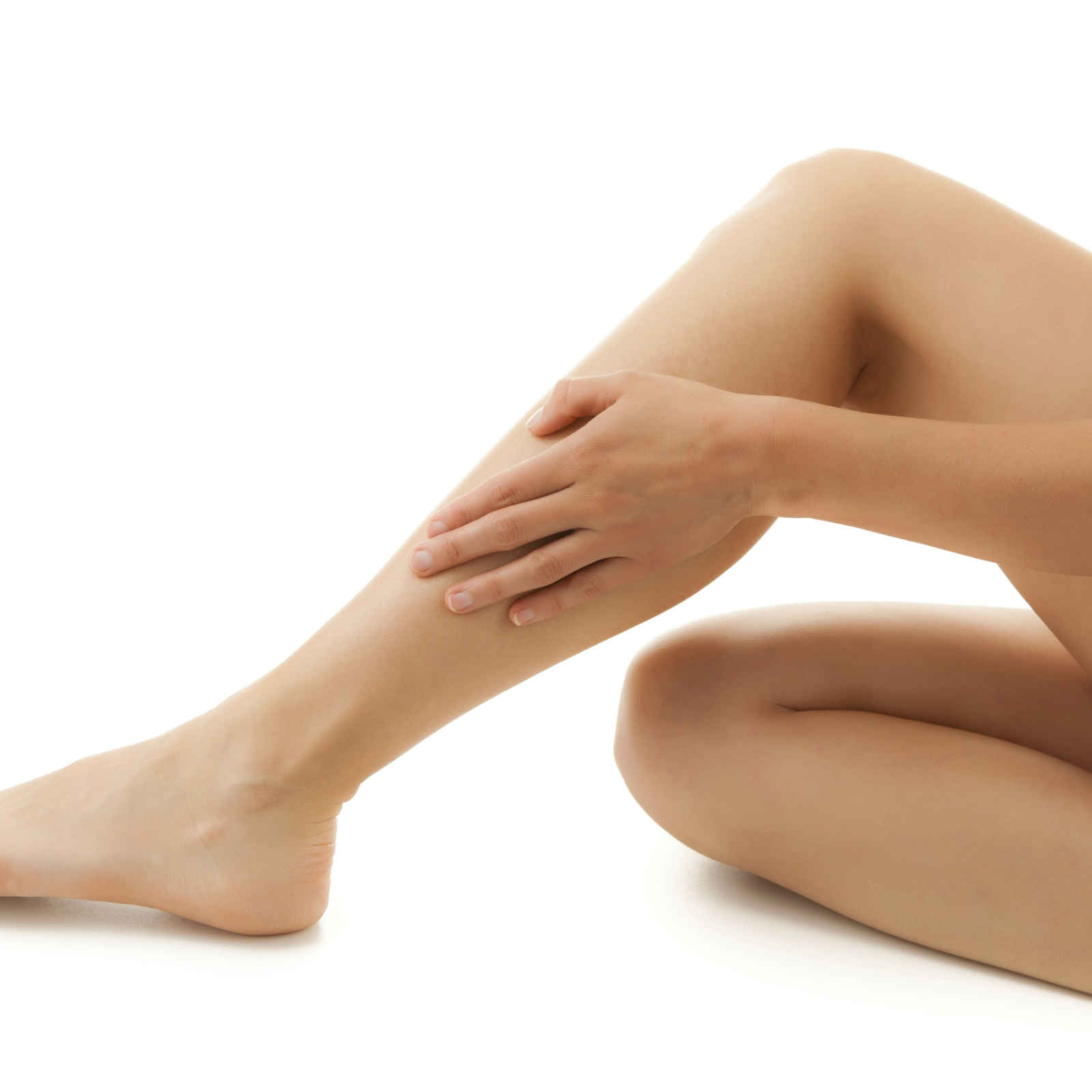26th March 2014
Varicose Veins

Varicose veins are a common problem which affect up to one third of people. Although they are rarely serious they may look unsightly and can cause discomfort. Karim El Sakka, a consultant vascular surgeon at The Montefiore Hospital in Hove, gives some advice on the options available for treatment of varicose veins.
"As spring moves into summer I always expect to see more patients with varicose veins. It's not that the warmer weather causes varicose veins, more that people decide to have them treated so they can go bare-legged without feeling self-conscious.
I normally begin my consultations by explaining how veins work in general. The muscles around veins continuously contract, increasing pressure and forcing blood towards the heart. Valves within each vein are designed to ensure that blood can only flow in one direction. It is thought that varicose veins occur when these valves become damaged. This means they cannot close properly which results in blood leaking backwards and pooling, causing the vein to swell.
This problem of varicose veins typically occurs in the superficial veins running near the surface of the legs. Most of the time they pose a cosmetic problem rather than a health issue, though there can be symptoms such as swollen ankles, aching legs and restless leg syndrome. Once damaged, the veins can swell to quite a large size and may appear blue or purple beneath the skin. Some people feel uncomfortable or self-conscious about them and avoid going bare legged. But, before you resign yourself to a life of wearing tights and trousers there are a number of surgical procedures which can help.
In the vast majority of cases it is not possible to repair the damaged valves so treatment means either closing the vein so that blood can no longer pass through it, or removing the varicose vein altogether.
There are a variety of methods for closing or removing varicose veins. We use minimally invasive techniques such as laser and ultrasound which can often be performed with a local anaesthetic. These procedures are far less painful than traditional methods and can usually be carried out as a day case. Many patients are concerned how their blood will flow back to their heart if the vein is removed, but rest assured it will naturally find another route without causing any harm.
If you don't want to undergo a surgical procedure, you could try wearing special compression stockings which will help to improve circulation in the legs. Stockings won't make your varicose veins go away but they may help to alleviate some of the discomfort. Other suggestions include putting your legs up, making sure you do not stand for prolonged periods of time and exercising. There is no proven method of prevention but keeping a healthy weight and doing lots of exercise are believed to make it less likely for varicose veins to occur.
If you have concerns about varicose veins contact your local GP or a vascular surgeon. The Montefiore Hospital offers the latest technologies, including Radio-Frequency Ablation (VNUS closure) and foam sclerotherapy.
Mr Karim El Sakka is a consultant vascular surgeon at The Montefiore Hospital in Hove. For further information, please contact The Montefiore Hospital on 01273 828120.